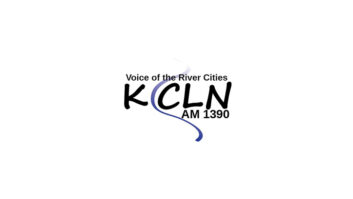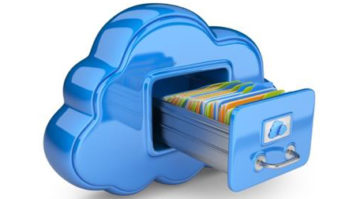The FCC has passed a rule change to require television stations to move their public files online. Observers expect radio to be eventually affected as the commission continues to transition from paper to online file storage in the name of efficiencies and cost savings.
The requirement will be phased-in for television. The initial change only applies to television affiliates of the four major networks in the top 50 markets. The rest of the stations would follow in two years.
After the rules take effect, stations have six months to begin uploading new documents to an FCC-run site. Operators are not required to upload documents that already exist in their paper files.
In a year, the commission plans to see how the change is working and make any necessary adaptations.
The issue of moving files online is controversial because of the requirement that portions of a station’s political file go online as well. Broadcasters had objected, saying it would place them at a disadvantage if sensitive real-time political campaign ad information goes online.
While Commissioner Robert McDowell voted for the item overall, he dissented from his colleagues on this topic. He had supported passing the item today but deferring a decision on the sensitive political campaign spending information.
“Broadcasters will have to swallow the costs” of the change, McDowell said, even as the change is phased-in. He also noted that now, the FCC has created one set of public file rules for TV, while campaign funds also flow to radio, the Internet, cable, satellite radio and other media which are not affected.
The commission estimated the cost of placing files online at between nothing up to about $400 per station.
Chairman Julies Genachowski acknowledged the numerous compromise proposals that flowed in during the days leading up to the vote, but said in the end, the proposals “were not workable.”
While public files are open to the public in theory, he said, the reality is the information can be hard to obtain, citing FCC staff efforts to get public file information from eight television stations in Baltimore. The effort took 61 hours and cost $75 in copying fees, he said.
The NAB was disappointed and said it “respectfully disagrees” with the decision, according to EVP Communications Dennis Wharton, who stated the compromise proposed by broadcasters actually would have brought greater transparency to political ad buying.
“By forcing broadcasters to be the only medium to disclose on the Internet our political advertising rates, the FCC jeopardizes the competitive standing of stations that provide local news, entertainment, sports and life-saving weather information free of charge to tens of millions of Americans daily,” stated Wharton, who added NAB would seek guidance from its board regarding future options.











